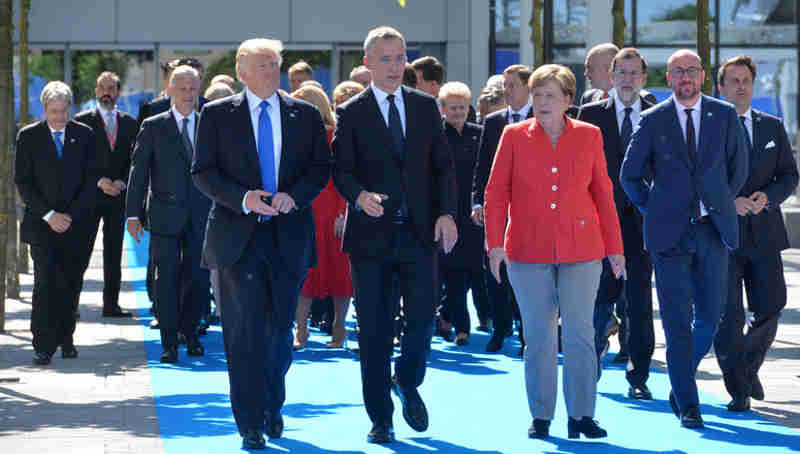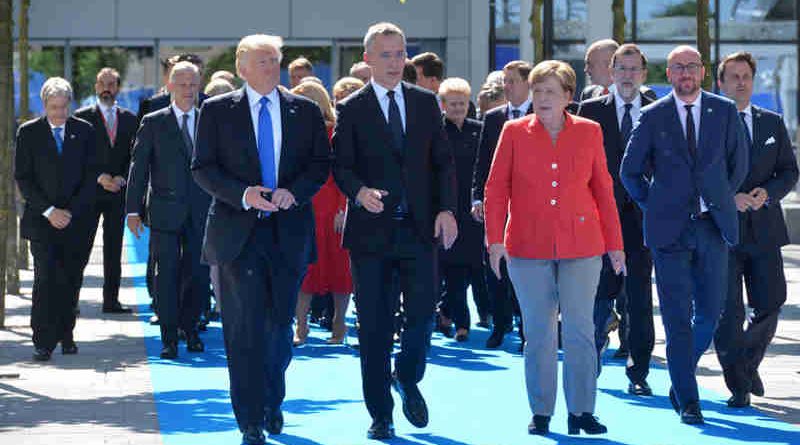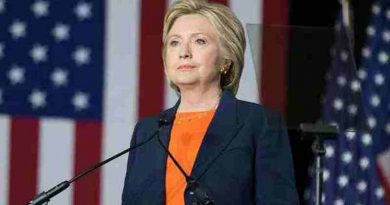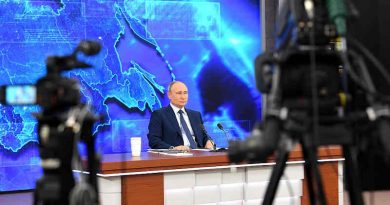NATO Takes Action on Russia’s Use of Lethal Nerve Agent in Salisbury

NATO Secretary General Jens Stoltenberg said Tuesday that the attack in Salisbury was the first use of a nerve agent on NATO territory. On March 14, NATO Allies made clear their deep concern, and condemnation of this reckless breach of international norms, Stoltenberg said in a statement.
Since then, he added, intensive consultations have taken place among Allies, including at NATO and in capitals. Those consultations have resulted so far in the expulsion of over 140 Russian officials by over 25 NATO Allies and partners.
This is a broad, strong and coordinated international response. And as part of that response, NATO is unified in taking further steps, Stoltenberg said.
“I have today withdrawn the accreditation of seven staff at the Russian Mission to NATO. I will also deny the pending accreditation request for three others,” Stoltenberg said.
Earlier on Monday, President Trump had ordered the expulsion of dozens of Russian intelligence officers from the U.S.
According to a White House Statement, the order also specifies the closure of the Russian consulate in Seattle. With these steps, the statement added, the U.S. and its allies and partners make clear to Russia that its actions have consequences.
The Trump Administration ordered the expulsion of Russians from the U.S. following similar actions taken by other countries in the wake of the allegation by the United Kingdom that Russia was behind an attack using a deadly nerve-agent in Salisbury on 4 March. The attack left Sergei Skripal and his daughter, Yulia, hospitalized in critical condition.
Meanwhile, the North Atlantic Council has reduced the maximum size of the Russian Mission to NATO by ten people, in line with my decision. This will bring the maximum size down to twenty.
“This sends a clear message to Russia that there are costs and consequences for its unacceptable and dangerous pattern of behaviour. And it follows Russia’s lack of constructive response to what happened in Salisbury,” Stoltenberg stated.
He added that NATO remains committed to its dual-track approach of strong defence and openness to dialogue, including by working to prepare the next meeting of the NATO-Russia Council.
Photo courtesy: NATO





